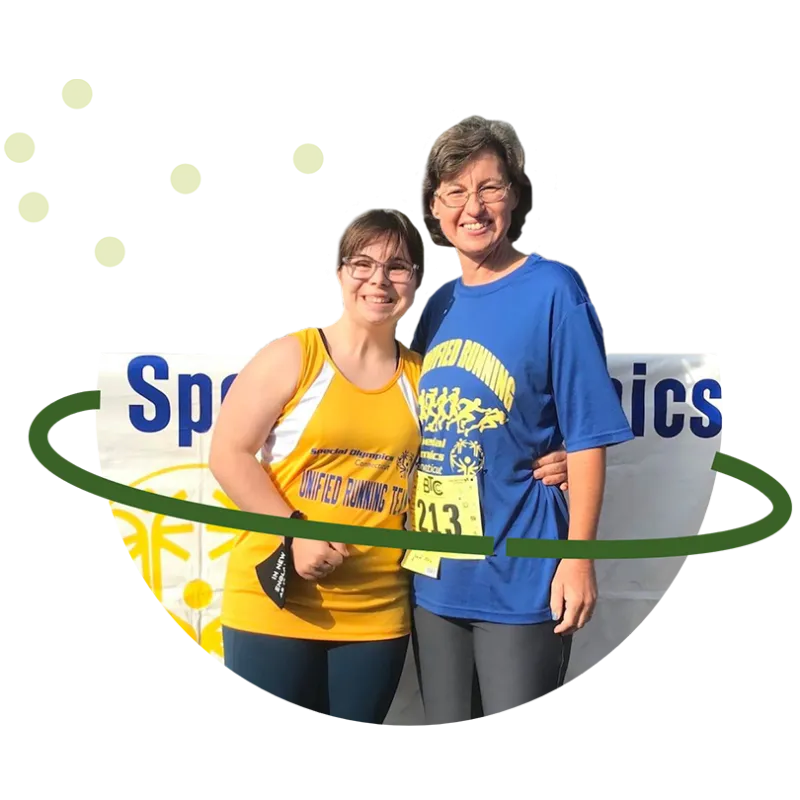Revealing the Champion In All of Us
OUR MISSION
The mission of Special Olympics is to provide year-round sports training and athletic competition in a variety of Olympic-type sports for children and adults with intellectual disabilities; giving them continuing opportunities to develop physical fitness, demonstrate courage, experience joy and participate in a sharing of gifts, skills and friendship with their families, other Special Olympics athletes and the community.
Special Olympics Connecticut provides year-round sports training and competition opportunities for nearly 14,000 athletes (individuals with intellectual disabilities) and Special Olympics Unified Sports® partners (individuals without intellectual disabilities who are the athletes’ teammates). Special Olympics is about inspiring inclusion for people of all abilities through sport and revealing the champion in all of us.
Our Champions
There are opportunities for everyone to be part of Special Olympics Connecticut and enjoy a meaningful and rewarding experience — as an athlete, Unified Sports partner, coach, volunteer, supporter or fan. Take a look at the champions of Special Olympics Connecticut by the numbers.

7,307
Athletes

13,978
Participants

1,595
Coaches

6,671
Unified Sports Partners

9,000+
Volunteers

Eunice Kennedy Shriver
Eunice Kennedy Shriver founded Special Olympics in 1968 with the passionate conviction that people with intellectual disabilities of all ages could participate in and benefit from competitive sports. Shriver believed that, through sports, these individuals could experience how liberating it is to train and to learn, to realize their potential and to be a winner.
She was confident that the lessons learned through sports would translate into new competence and success in school, in the workplace and in the community. Above all, she wanted the families and neighbors of people with intellectual disabilities to see what these athletes could accomplish and to celebrate their victories.
Have Questions About Special Olympics?
Visit the Frequently Asked Questions page for more information.
